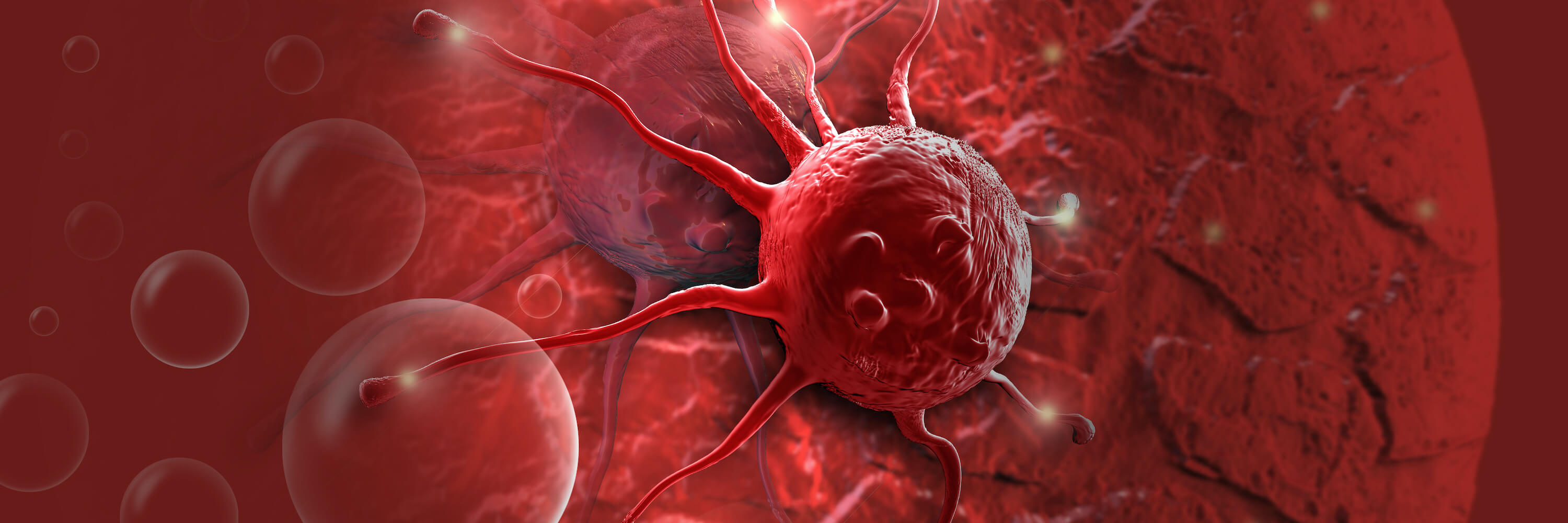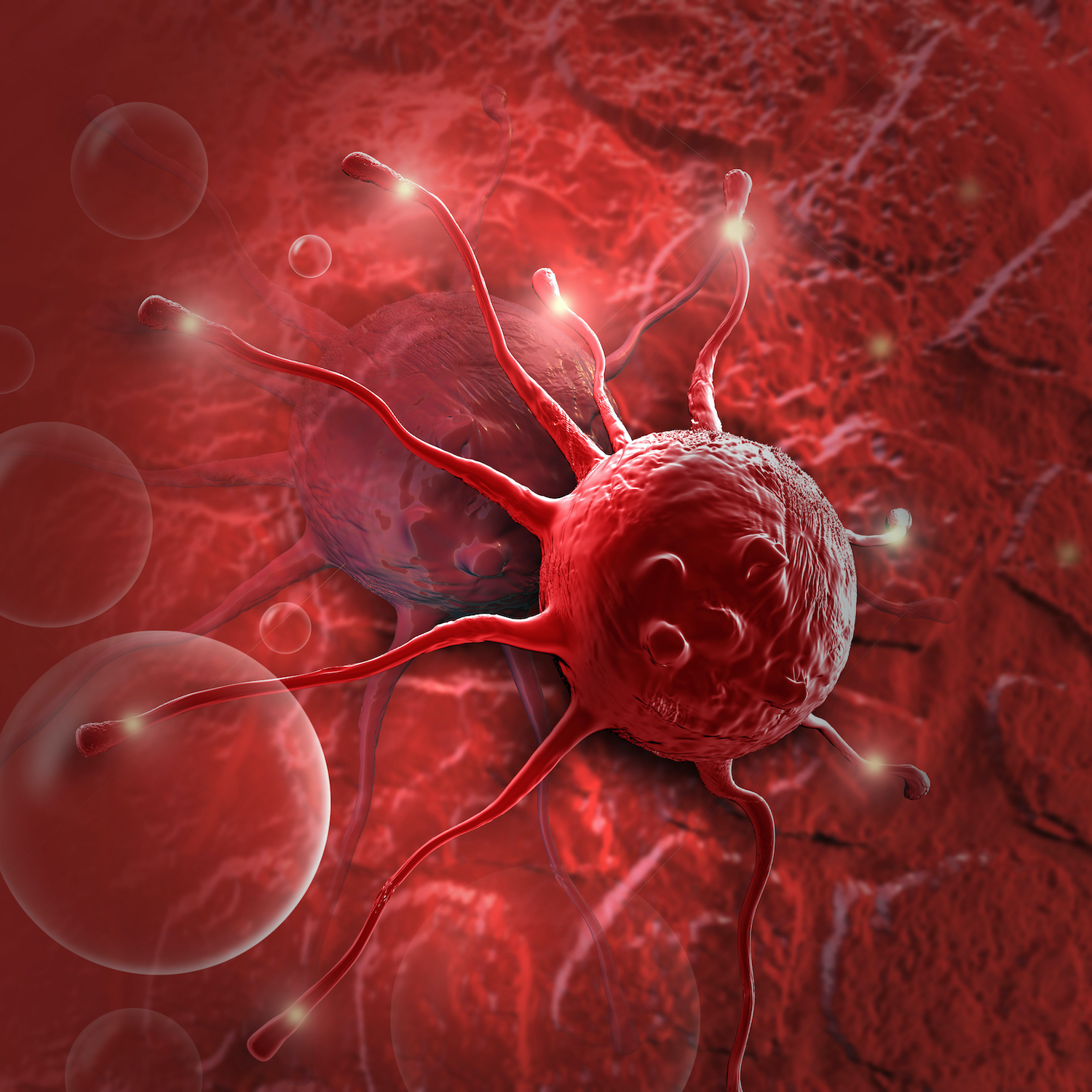

World Cancer Day
Initiated by the Union for International Cancer Control (UICC) in 2000, 4th of February is commemorated as World Cancer Day to raise awareness about cancer worldwide. World Cancer Day has turned into a positive movement that celebrates the lives of patients and survivors, while uniting everyone to face and overcome the great challenge that is cancer.
Let us understand the significance of this day and see what we can do to make a change.
The significance
With more than 17 million new cases emerging in 2018, cancer became the second leading cause of mortality worldwide, claiming the lives of over 9.5 million individuals. With this in mind, UICC created World Cancer Day. Through the World Cancer Declaration, UICC aims to build knowledge and draw the attention of governments and policy makers to spread information, improve education and control the burden of cancer. The movement stands for making a change at the global policy level by strengthening health systems, promoting cancer control programs and surveillance, examining the role of nutrition and diet in cancer prevention, ensuring accurate cancer diagnosis and effective mortality control.
With various events held worldwide through the efforts of government bodies, NGOs, communities, businesses and the public, World Cancer Day serves as a reminder to everyone to play our part in preventing and fighting against the impact of cancer. Each year presents a World Cancer Day theme, and this year it is ‘I am and I will’, representing the awareness and action we take to achieve the UICC targets. We can start by making a change at the basic level, by improving our lifestyle and taking control of our own health to not burden our loved ones and the health system.
How we can help
Although cancer is one of the greatest medical challenges in today’s world, studies in the US have shown that one-third of these deaths can easily be prevented through changes in diet and nutrition. World Cancer Research Fund/American Institute for Cancer Research (WCRF/AICR) has reported that poor lifestyle choices and unhealthy diet that causes below par nutrition are risk factors for cancer, whereas consuming plant-based foods is associated with decreased risk of cancer. Moreover, the International Agency for Research on Cancer (IARC) has reported that processed and red meats are carcinogenic. Several different studies have corroborated the evidence that eating only 50 g of processed meat per day can increase the risk of colorectal cancer by 18%, and consuming large quantities of meat can increase the risk by 20%–50%.

According to research, plant-based food is the best source of fibre and other anti-carcinogenic, anti-inflammatory and anti-oxidant nutrients in the diet, which help fight and prevent cancer. Plant-based foods, such as fruits, vegetables, legumes, nuts, seeds and whole grains, are packed with bioactive phytochemicals which protect human cells from cancer. Studies have shown that young women consuming fibre-rich diets showed a 12%-19% less likelihood of developing breast cancer in late adulthood. Furthermore, consuming high-fibre diet since a younger age lowered the risk of developing breast cancer by 16%, and consuming an additional 10 g of fibre per day lowered the risk of developing colorectal cancer by 10%.
